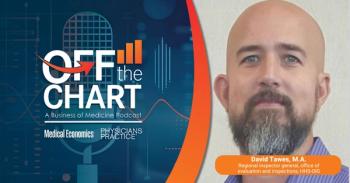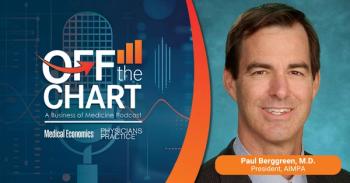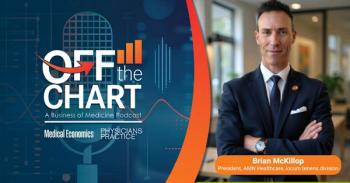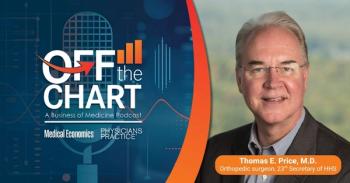
Why a CPA Is an Important Part of Your Practice Team
The days of paying someone to merely fill out a return and figure out what you owe with no creative input as to how legally minimize that obligation are long gone. It’s also important to know that practices that have been long standing and allowed or overlooked, if not actually codified in the tax code, may need to be changed.
I’ve always taught that asset protection goes beyond just legal planning and must include insurance, accounting, and financial planning expertise to implement a truly protective and holistic plan. Given the economy and the large number of new agents and auditors hired under the current administration it’s hardly surprising that according to a wide variety of sources and figures, IRS audits are up - way up - and those who have “high incomes” are up to eight times more likely to be audited than the average tax payer.
For some real insight I turned to one of my go-to accounting experts, Mark Brenner, senior director of national accounting firm RSM McGladrey’s Phoenix, Ariz. office. Like me, Mark and his team work with a variety of successful business owners and physicians of all types. What Mark confirmed and expanded on for me was frightening. He confirmed the number of audits is up. For example, in just one office they went from three audits in a year to over 15 in the last two months. I asked if there was a specific hit list, fact pattern, or deduction that was triggering the audits and Mark said, “Not really, there hasn’t been a clear pattern yet. We simply have a lot more IRS agents in the field and they are being exceptionally aggressive."
One great tip Mark shared with me was regarding the use of closely held corporations for equipment and real estate leasing back to practice, which remains a great defensive strategy. As an asset protection attorney I love this concept because it allows us to extract valuable equipment and real estate from a practice and make it a personal asset that can be leased back to the practice, as opposed to being an asset owned directly by the practice and exposed to any of its creditors and liabilities.
What Mark cautioned against is the way many CPAs have traditionally handled the accounting on this system: as passive income. The way the rules are currently being enforced, a couple of qualifying questions are examined and may determine whether the deduction is allowed and potentially whether you need to be audited or not:
1. Did the taxpayer or spouse work in a partnership, LLC, S- Corporation or C Corporation, which leases its building or equipment from him/her?
2. Is there a written lease signed before 02/19/88 which binds the year under examination? As a practical matter, there are very few leases executed before 1988 which would bind current years. If there is a lease, be sure to verify the date it was signed and that it binds the current year. If the answer to first question is YES and answer to second question is NO, income is probably non-passive
I view this as an extension of the “belt tightening” that the federal government and its local counterparts are being forced into as a result of the deficit. The Medicare fraud initiatives are expected to generate billions of dollars in revenue and this may simply be an extension of the need for quick cash and increased compliance.
Regardless of the reason, a key to coming through this kind of random exposure with minimum stress and expense (not to mention legal jeopardy) and sleep well at night is to know that you have top accounting help in place that aggressively retains every dollar possible for your business while working inside the limits of the law and the way it is currently enforced.
The days of paying someone to merely fill out a return and figure out what you owe with no creative input as to how legally minimize that obligation are long gone. It’s also important to know that practices that have been long standing and allowed or overlooked, if not actually codified in the tax code, may need to be changed. Be sure your CPA is up to the task and can adequately serve as your advocate.
Remember, this is not specific tax or legal advice, nothing can replace expert advice that addresses your specific situation or profit retention plan.
Newsletter
Optimize your practice with the Physicians Practice newsletter, offering management pearls, leadership tips, and business strategies tailored for practice administrators and physicians of any specialty.








